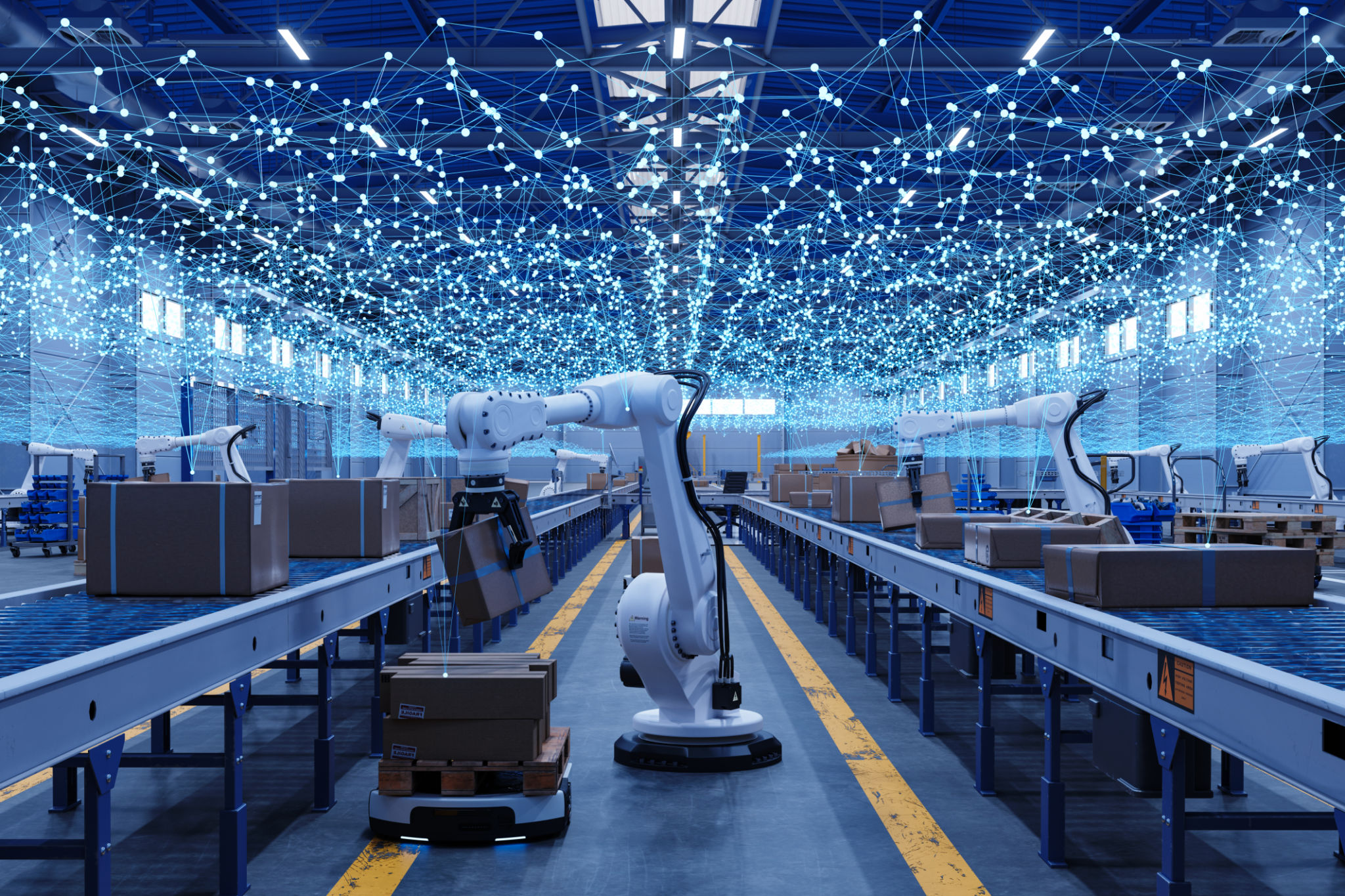The Future of IoT in the UK: Trends and Predictions
Introduction to IoT in the UK
The Internet of Things (IoT) is rapidly transforming industries and daily life in the UK. As we look ahead, the potential for innovation and growth in this sector is boundless. With advancements in technology and increasing adoption across various sectors, the future of IoT in the UK is set to be both exciting and impactful.
IoT is already revolutionizing sectors like transportation, healthcare, and manufacturing. In the UK, this technology is not just a trend but a significant driver of economic and technological advancement. As we delve deeper into the possibilities, it becomes essential to explore emerging trends and predictions shaping the IoT landscape.

Key Trends in the IoT Landscape
Increased Connectivity and Smart Cities
The UK government has been actively investing in infrastructure to support increased connectivity, paving the way for smarter cities. With the rollout of 5G technology, IoT devices will achieve faster and more reliable connections, enhancing their effectiveness. Smart cities will benefit from improved traffic management, energy efficiency, and public safety.
These developments are not only about improving urban life but also about making it more sustainable. Enhanced connectivity will allow cities to manage resources more efficiently, reducing waste and improving the quality of life for residents.
Growth in IoT Healthcare Applications
Healthcare is another area where IoT is making substantial inroads. The use of IoT devices in healthcare is expected to grow significantly, offering real-time monitoring and data collection capabilities. These innovations will lead to better patient outcomes and more efficient healthcare services.

Remote patient monitoring, wearable devices, and smart medical equipment are just a few examples of how IoT is transforming healthcare. The ability to collect and analyze patient data in real-time allows for more personalized and proactive care.
The Role of Artificial Intelligence and Machine Learning
Artificial Intelligence (AI) and Machine Learning (ML) are set to play a crucial role in the future of IoT in the UK. By integrating AI and ML with IoT, devices can become more intelligent and autonomous. This integration will lead to more sophisticated data analysis, enabling smarter decision-making across various sectors.

In manufacturing, for example, AI-powered IoT devices can predict equipment failures before they occur, reducing downtime and maintenance costs. In retail, personalized shopping experiences can be enhanced by analyzing customer behavior data collected through IoT devices.
Challenges and Opportunities
While the future of IoT in the UK is promising, it is not without its challenges. Security remains a significant concern as more devices are connected to the internet. Ensuring data privacy and protection will be crucial as IoT adoption continues to grow.
However, these challenges also present opportunities for innovation. Companies that can develop robust security solutions will be well-positioned to lead in the IoT space. Additionally, there is potential for collaboration between the public and private sectors to address these issues collectively.
Conclusion
The future of IoT in the UK is poised to bring about transformative changes across industries and everyday life. As we embrace these changes, it is essential to remain mindful of the challenges and work towards solutions that maximize the benefits while minimizing potential risks.
With continued investment in infrastructure and technology, the UK is well on its way to becoming a leader in the IoT space. As we look forward, the possibilities are endless, and the impact on society will be profound.
